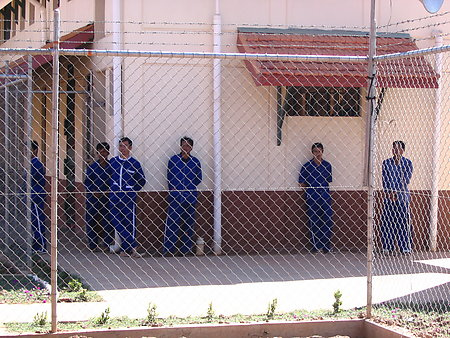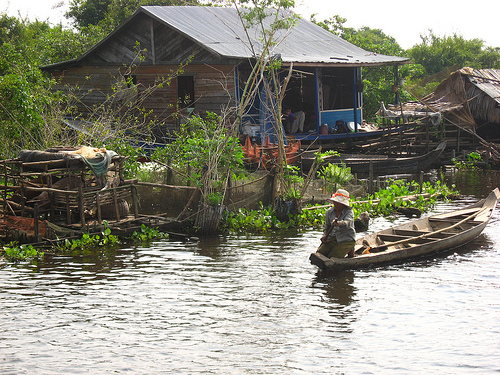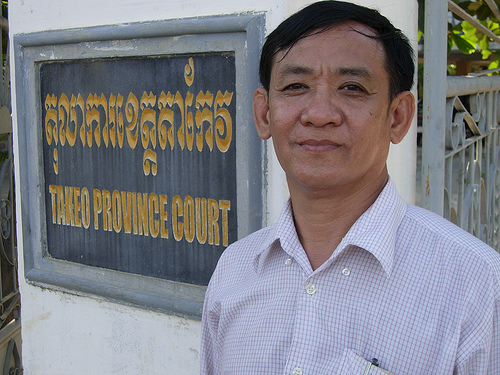
I’ve been working for the past few weeks on eLearning Cambodia, part of the JusticeMakers project. It’s been an interesting and informative project — I have had to read the entire Code of Criminal Procedure several times, as well as arrange interviews with criminal defense attorneys in Phnom Penh. I need to write a culturally appropriate and accurate hypothetical which addresses the major legal issues in criminal defense in Cambodia, and I also need to make a video of the hypothetical to more visceral.
The video is one of the more challenging aspects of the project. I need to somehow try to capture images of people committing crimes, being arrested, interrogated, detained, at trial, and so on. This can be difficult for several reasons: first, it is hard to capture these sorts of events on camera. How often does one really see a crime being committed, much less see it with a camera ready to snap photos? Second, it could be dangerous to take photos of these events. Third, even if I had pictures of moments from each stage of the criminal process, it would be impossible to have pictures of the same suspect, so the story in photographic form would be disjointed, with many different people meant to portray the accused. As a solution, a photographer will take staged pictures, so that we can make a coherent story with the photographs as well as the written hypo.
I’ve learned some interesting facts as I have progressed with writing the hypothetical. For example, it is illegal in Cambodia to arrest someone between the hours of 6:00 p.m. and 6:00 a.m., unless they are arrested during or immediately after the commission of the crime (known as a “flagrant offense”). In addition, interrogation of a suspect or charged person is prohibited between the hours of 6:00 p.m. and 6:00 a.m. Another amazing fact is that there are no affirmative defenses in Cambodia. A defendant cannot say, “yes, I committed the crime, but it was in self-defense and therefore I am not guilty.” The fact that the act was committed in self-defense merely goes toward mitigation of the sentence.
It is also interesting to listen to an experienced attorney such as Ouk Vandeth speak about the practical advice he would give to novice defense attorneys. For example, when going to visit a client in the detention facility, always bring a letter of permission from the investigating judge, stating that you are the attorney of prisoner X. This will lessen some of the bureaucratic difficulties someone might face when trying to enter a detention facility.


